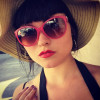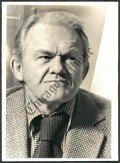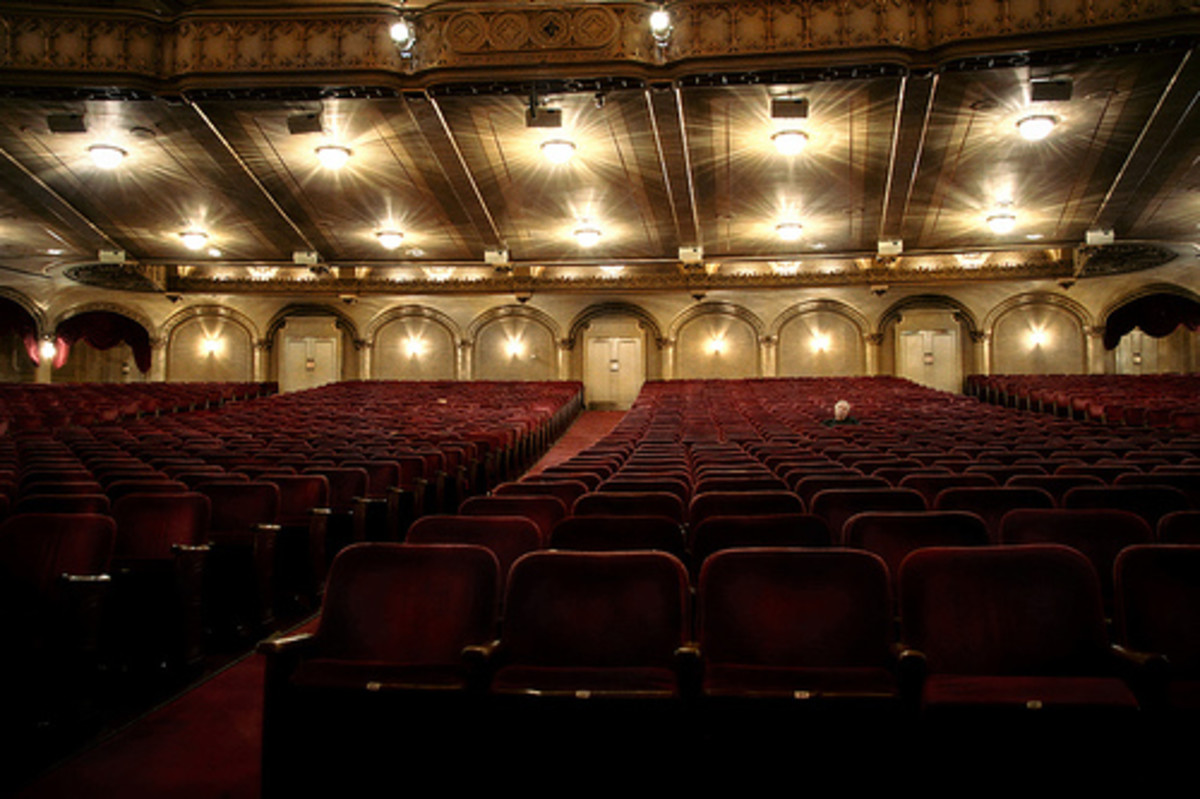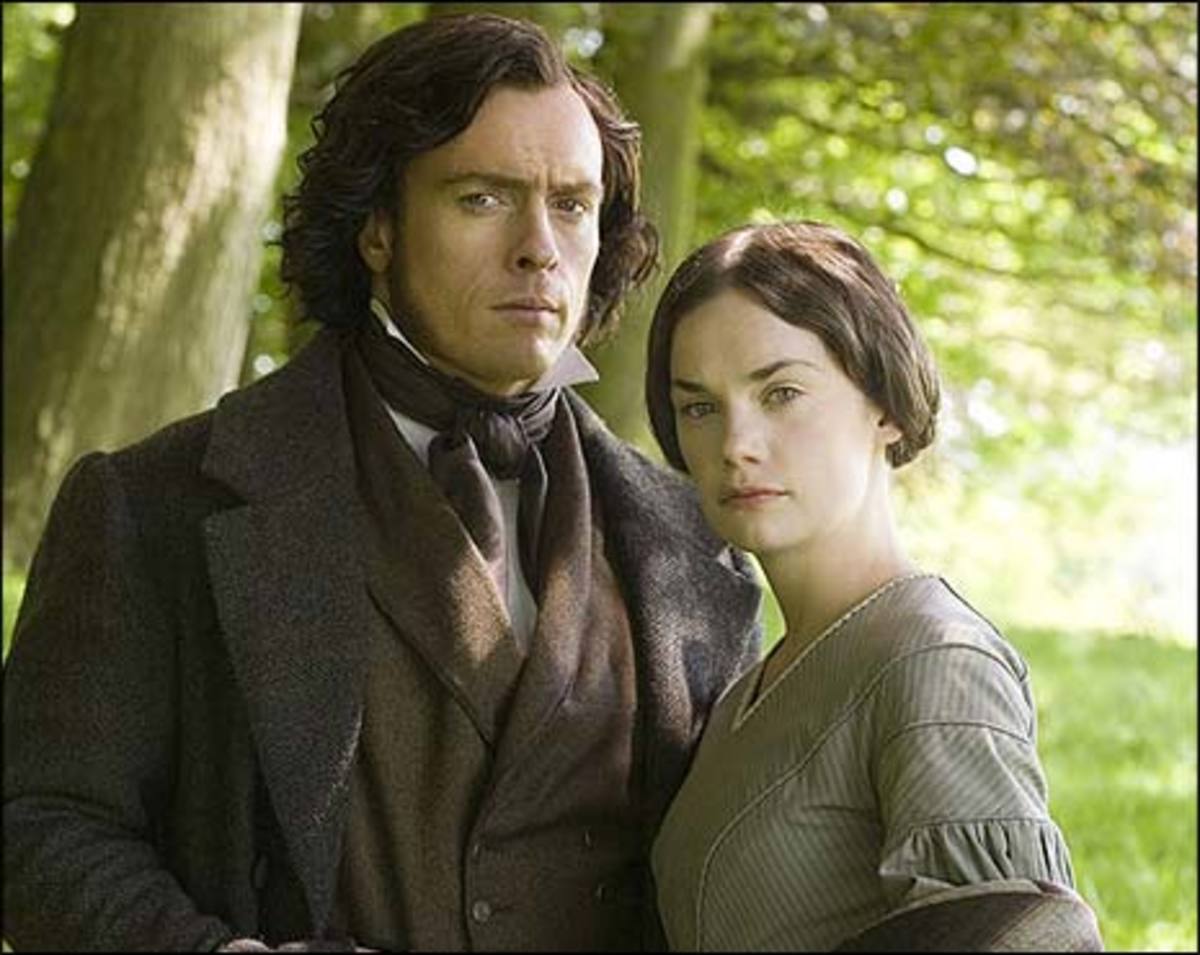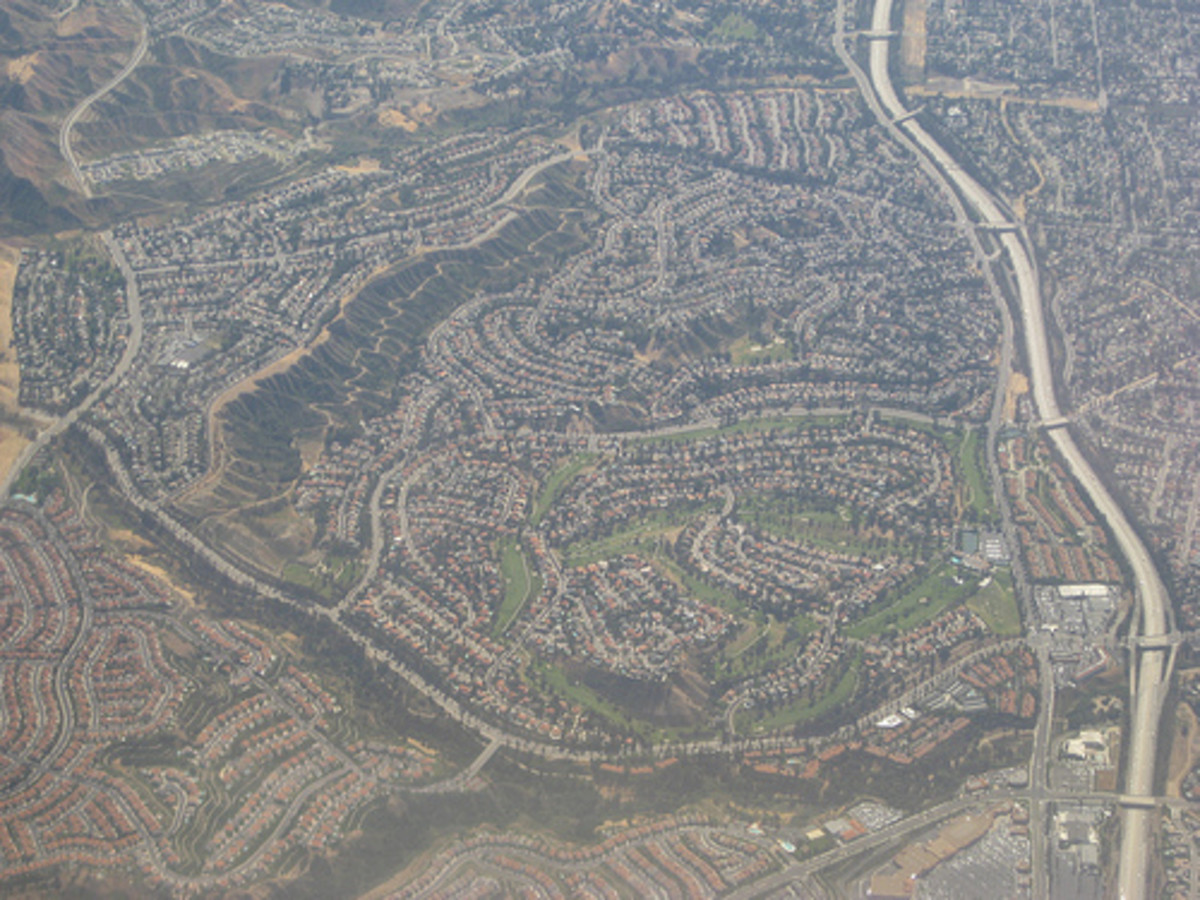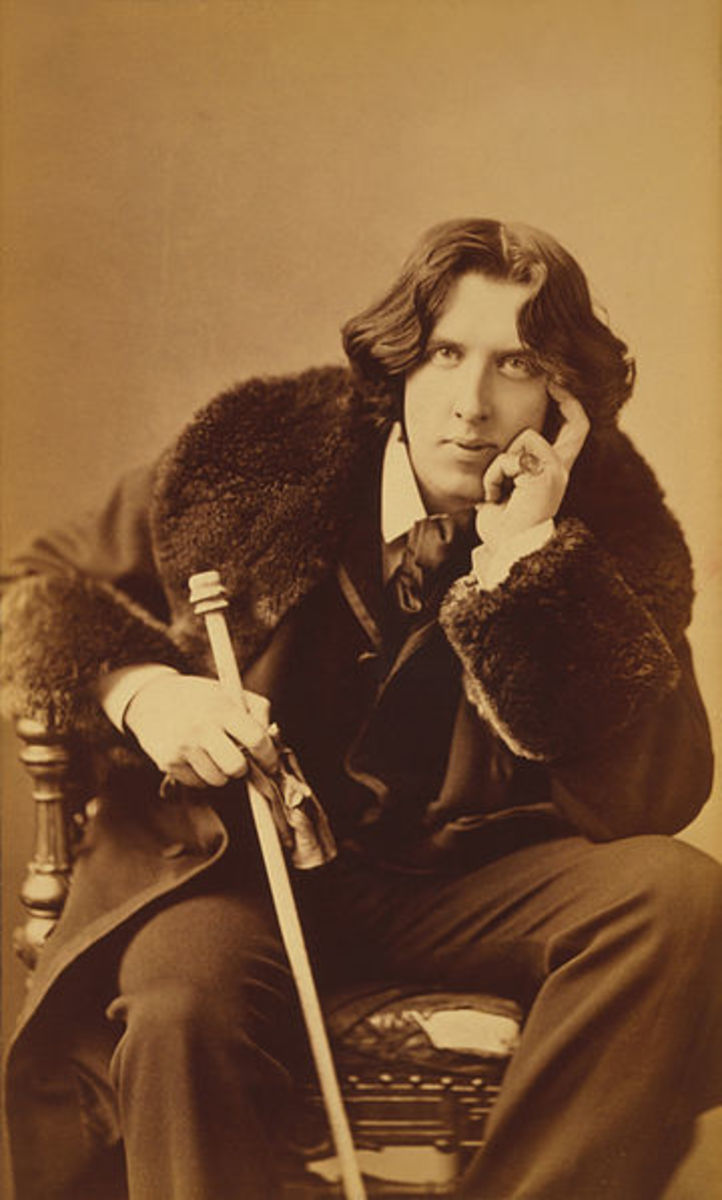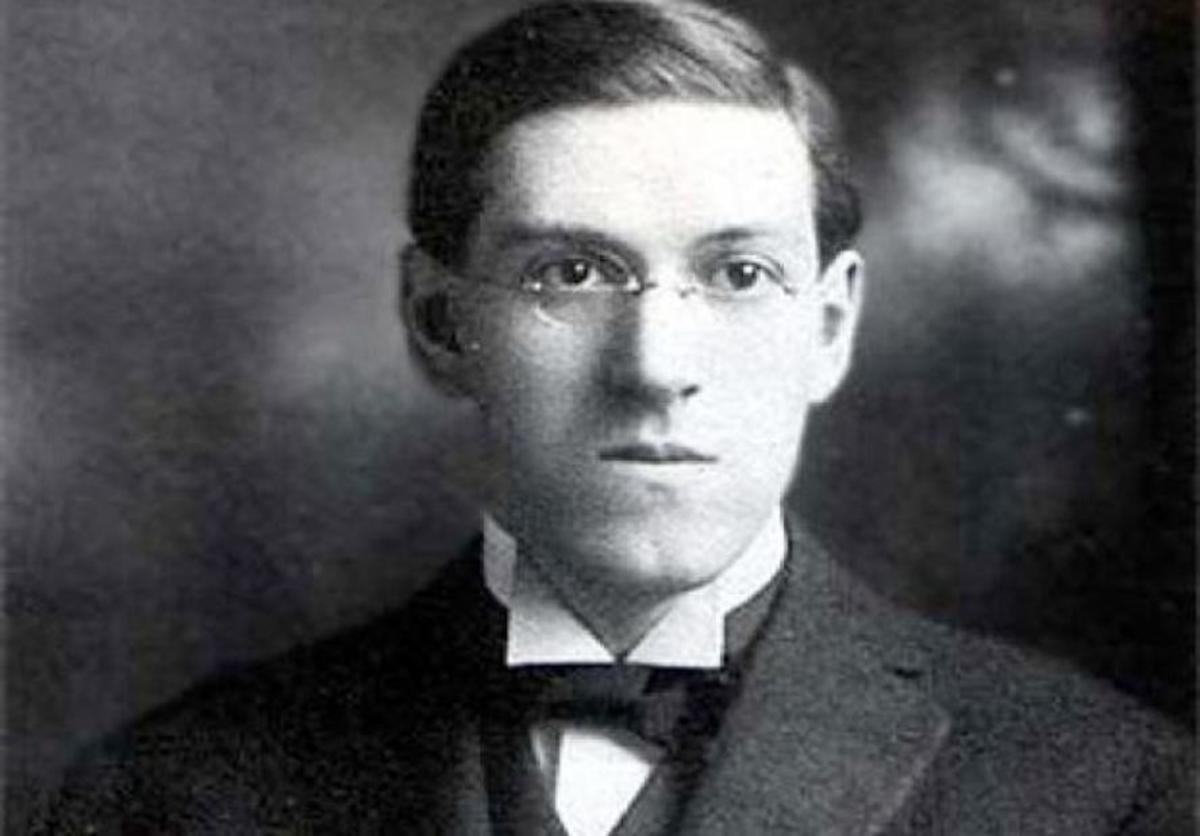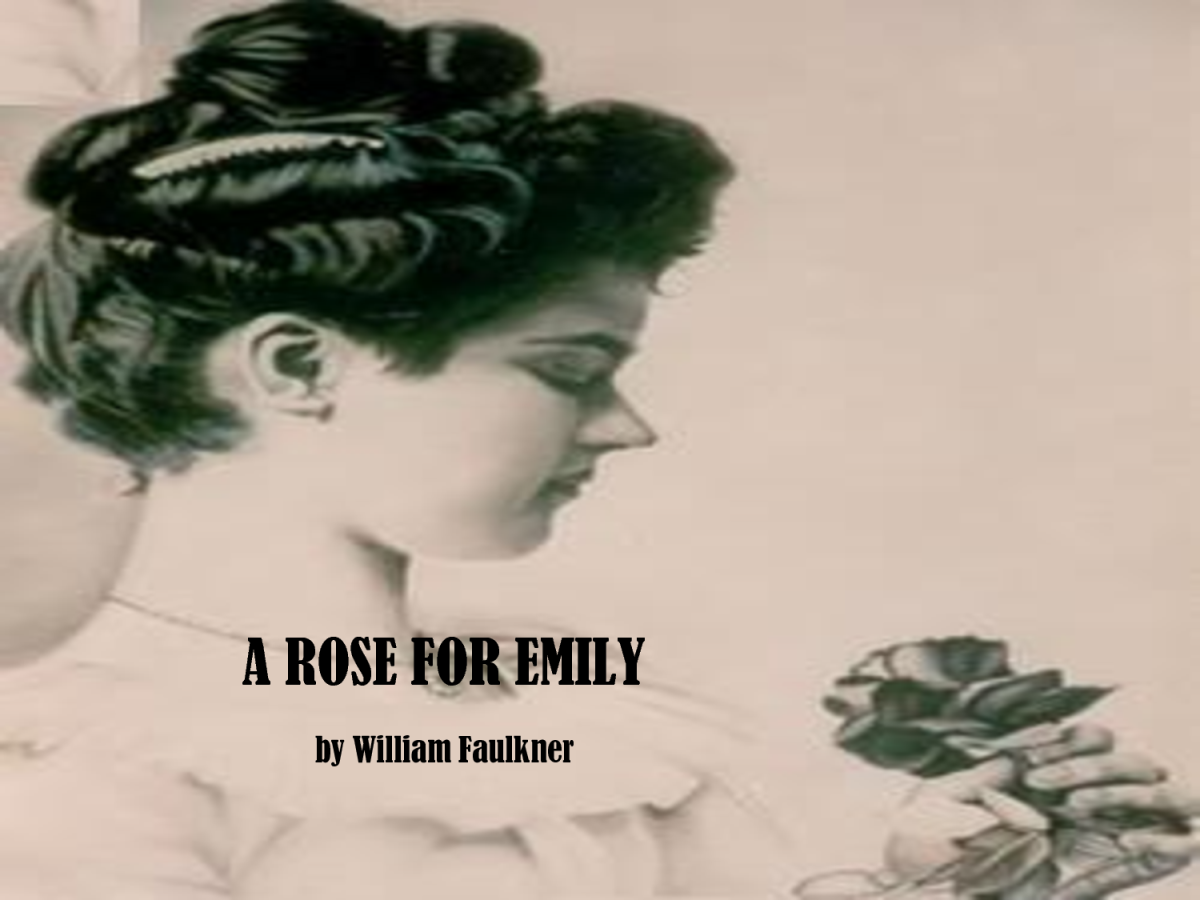- HubPages»
- Books, Literature, and Writing»
- Literature»
- Literary Criticism & Theory
An L.A. Story – Sans Hollywood
Who is Anthony Mora?
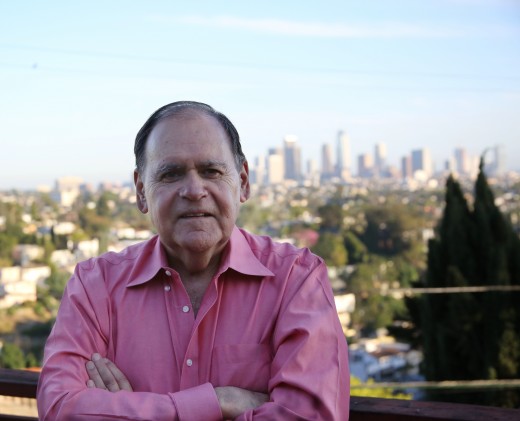
Think "Bright Lights, Big City” meets “Almost Famous,” if the city was L.A. in the first instance and you took “almost’ out of the title in the second - and you might get a sense of Anthony Mora’s new novel, “Virtual Velocity: An L.A. Story.”
With his new novel, Mora, who has primarily focused on playwrighting since his debut novel, “Bang: A Love Story,” returns to the form. “Virtual Velocity” follows Jake Jensen from a sixteen-year-old learning about literature and women, to frenetic rock journalist, to struggling literary novelist, to world-famous author. Journeying through LA’s rock and literary worlds, it is also an homage to the city. The reader gets the opportunity to see Los Angeles from a literary and music perspective rather than the film utopia it is generally depicted as. This story is unique because the city is not only a backdrop, but one of the main characters. Here are some things Anthony Mora had to say about “Virtual Velocity: An L.A. Story.”
All About Virtual Velocity: An L.A. Story
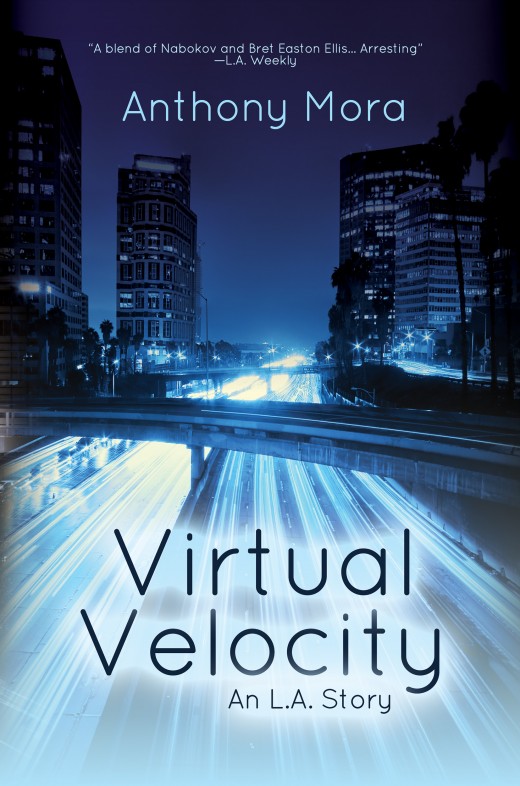
What was your inspiration to write Virtual Velocity?
I can't say that there was any specific inspiration. I'm not one who comes up with a book premise or an outline. I basically start to write and let the characters take over. I'm ultimately much more interested in character than in plot and that's as true in my reading as it is in my writing. For example, if I'm reading a mystery, I have little or no interest in who did what to whom, or who the culprit or the murderer is. For example, when reading Chandler, I'm very interested in the characters, in the mood, in how he paints the environment, etc. But, not much interested in whodunit.
To get back to your initial question, the inspiration was I wanted to write a novel. It had been a while. My first novel, “Bang! A Love Story” was published over 20 years ago. Since then, I've had a number of plays produced, but I hadn't written another novel. I adapted “Bang!” as a play and was completely seduced by that process. I never thought of myself as a playwright but twenty years and seven plays later, I'm finally getting back to my second novel.
Can you tell me a little about the premise of the book?
The lead character, Jake Jensen, has struggled to be a writer all his life. He managed to get books published but still struggles to pay the bills. I wanted him to be someone wrote what he wanted to write. And he achieved the dream insofar as he was published. But there was a hard stop after that. His books brought him neither fame or wealth. He had very few readers and even less sales. His books were taught at some colleges and his readers were loyal, but you could fit them in a shoebox. Yes, he was a published author, but that didn’t pay the rent or the bills.
I also wanted him to have known the pop-culture world but to have turned his back on it. I made him a rock journalist. That's something I know firsthand, as I worked as one in the late 70s early 80s. It was a fertile time for rock in LA. I wanted him to have experienced that world, but by the time he publishes his novels he's disconnected from it and has no interest in it. I then wanted that world and the age we’re living in now, where information can go viral and travel worldwide in an instant, to be what catapults him to superstardom.
In the book, Jake becomes famous not because of his novels, but because of his proximity to fame. I wanted to explore that intersection between art, fame, and success, and I wanted to give this character, who is in a sense coming from the past, success through the prism of the present.
Is the setting in your book fundamental to the story?
The setting is vital. I see Los Angeles as one of the main characters in the book. This book could not have been written anywhere else. It’s fundamental to the story. I wanted to show different aspects of Los Angeles; it's a huge city so it's the LA that I know. I grew up on the west side in Santa Monica, I worked in Torrance, and Burbank and have lived in Echo Park and Silver Lake. I wanted to show those parts of LA and also wanted to capture how Los Angeles is continually changing, in some ways, disappearing. For example, Pacific Ocean Park was a big part of my life in my teens. Now, it's gone. Few people even know it existed. There was a drive-in movie on Olympic and Bundy. It's strange to think of a drive-in in the middle of a city now. I used to go to rock concerts at the Santa Monica Civic, perhaps the best rock venue ever created. It was big enough, but not too big. Certainly not big enough to make money now at days. Everyone played there, the Kinks, Yardbirds, Bowie, Queen, Dylan, Petty – that where the TAMI show was held, which changed rock and roll forever. And now it basically just sits there.
I wanted to capture the LA I know. Again, with the rock world I wanted to capture a sense of what that felt like. I wasn't inside of it. I wasn't in a rock band; I wasn't playing the clubs. But I did cover it as a journalist. I knew the clubs, the club owners, and the bands. It was a fertile time. It was a very important time in rock 'n' roll. I also wanted to show LA as being something more than TV and films. Usually Los Angeles is depicted as Hollywood, which generally means film and TV. There's so much more creative activity going on in the city and it hits so many different fronts. It’s a huge hub for literature, but people generally don’t think of L.A. that way.
More From the Author
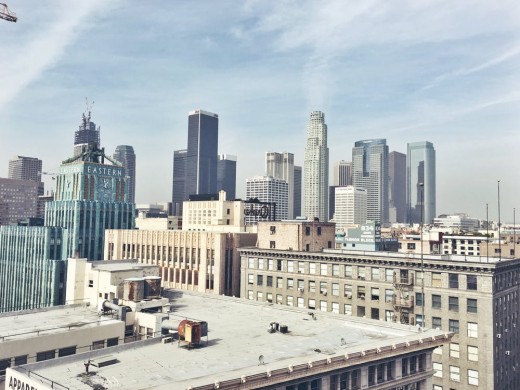
Is there something you're trying to communicate as you portray the overlap between literature and music?
I wanted to capture the impact both can have. Both music and literature changed my life forever. Creatively speaking, those are the two biggest influences in my life. I wanted to capture 1966 in the book, one because that was such a seminal year for music. “Blonde on Blonde,” “Pet Sounds”, “Aftermath.” That was a defining year for rock 'n' roll and that year had a huge impact on me. Sounds trite, but rock 'n' roll can be a life saver.
Literature perhaps a more profound effect on me. I remember specific books that influenced me and shifted me going back to one of the early “Wizard of Oz” books when I was a kid then Jack London's books, and “The Hound of the Baskervilles”, but, and I know this is by no means a unique story, then came “Catcher in the Rye.” I know I’m not alone here, but Salinger was a game changer. I then found John Fante and then the Beats, specifically Kerouac, and the list then goes on from there Fitzgerald, Carson McCullers, Edith Wharton, it was as though I just couldn't get enough. I still can’t. So as to the overlap between those two art forms what I wanted to capture was the impact they can have on a life.
What message are you trying to communicate to the reader?
I never think in terms of what I'm trying to communicate. I feel there are stories I want to tell. It actually feels as though there are characters who are dependent on me to write them for their existence. I realize that can sound strange, but it's something I’ve felt for a while Art waits for the artist. So, I don't think that there is an overriding message. But, if a book of mine could impact someone the way some of books I’ve mentioned have impacted me - that would be the ultimate prize.
Do you have any plans for a sequel?
Not really. There was a chapter that was going to be included in the book which I cut. It followed Jake's journey trying to get “Virtual Velocity” made as a film early in his career (in the novel, “Virtual Velocity” is also the title of the main character’s book). It turns out to be one of those real Hollywood horror stories. But, as I said earlier, I didn't want the book to veer into the film world, so I cut the chapter. I might revisit it as a possible play. I’m now working on a new novel which is by no means a sequel to “Virtual Velocity.” But Jake is making an appearance in one of the chapters. I had no idea he was coming until he arrived. So, it's not a sequel but part of Jake's journey will continue
Films such as Rocketman,” “Bohemian Rhapsody,” and “Yesterday” focus on our pop culture’s past through the lens of rock. “Virtual Velocity” spans the 60s to the present. Would you like to see a film version?
Interesting question. L.A. always seems to come back to films, doesn’t it?
For more information on the author, visit: www.anthony-mora.com/. Mora’s book is set to debut in November 2019.
